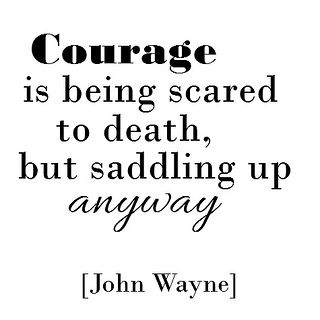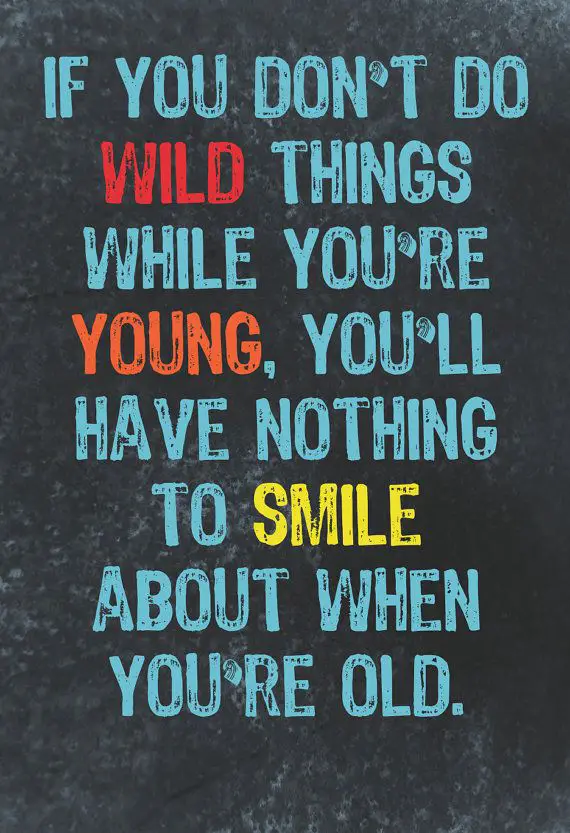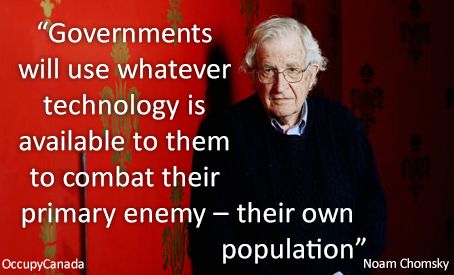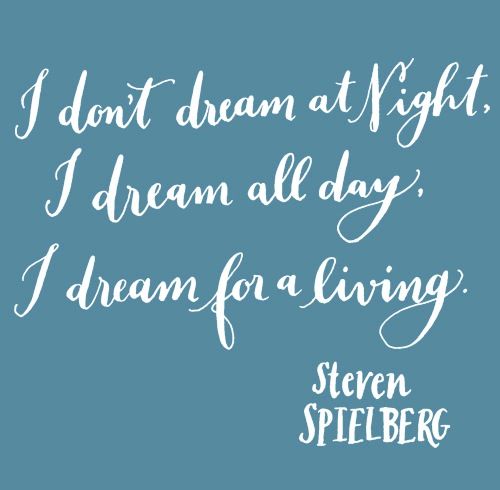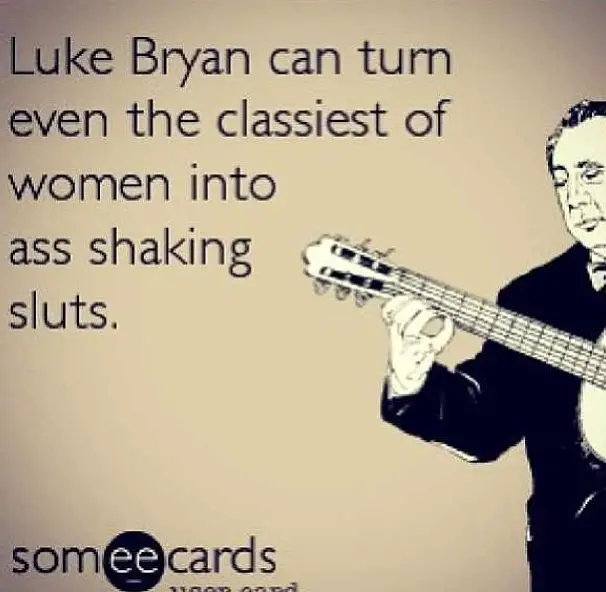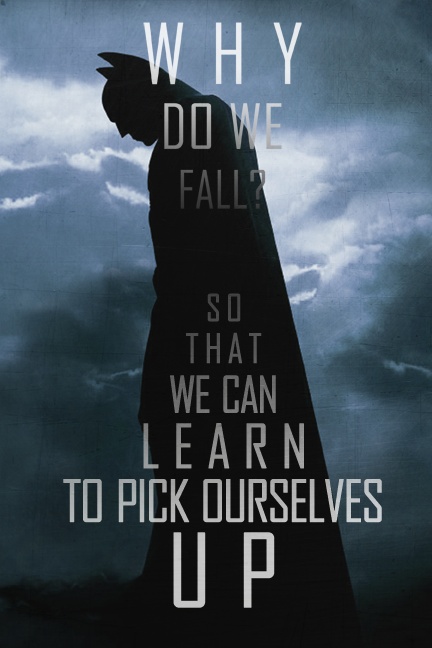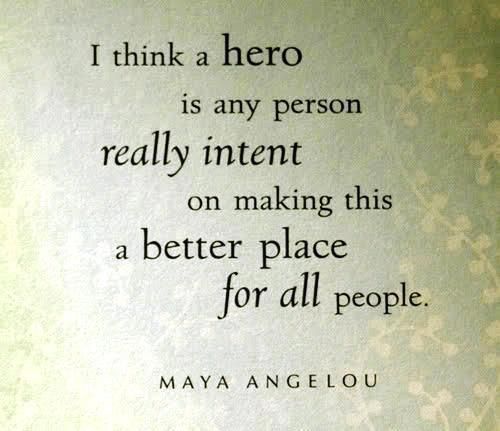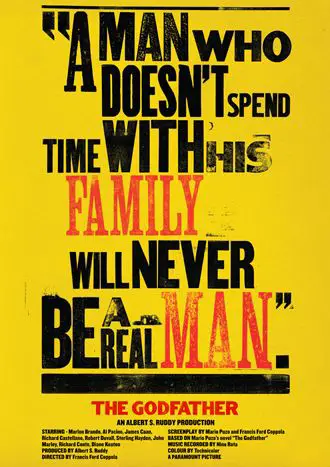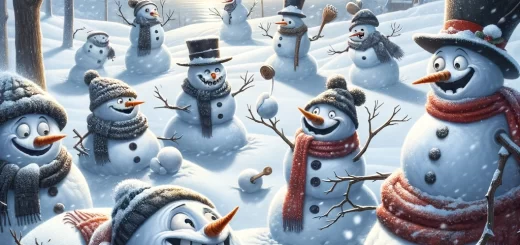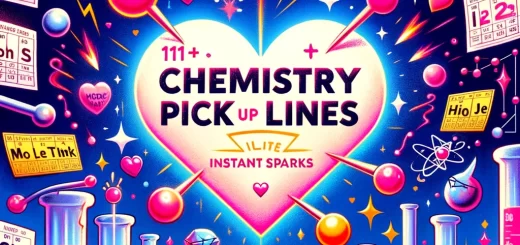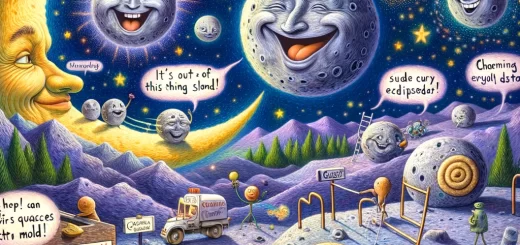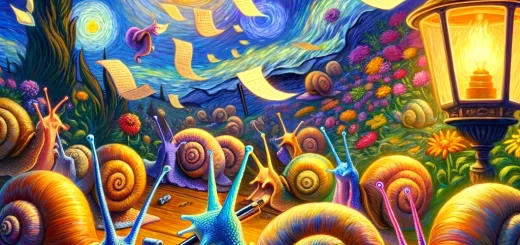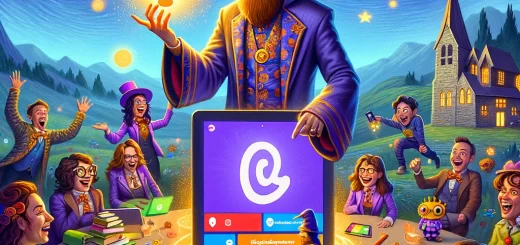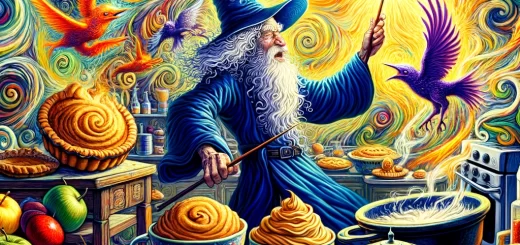Bruce Springsteen Quotes
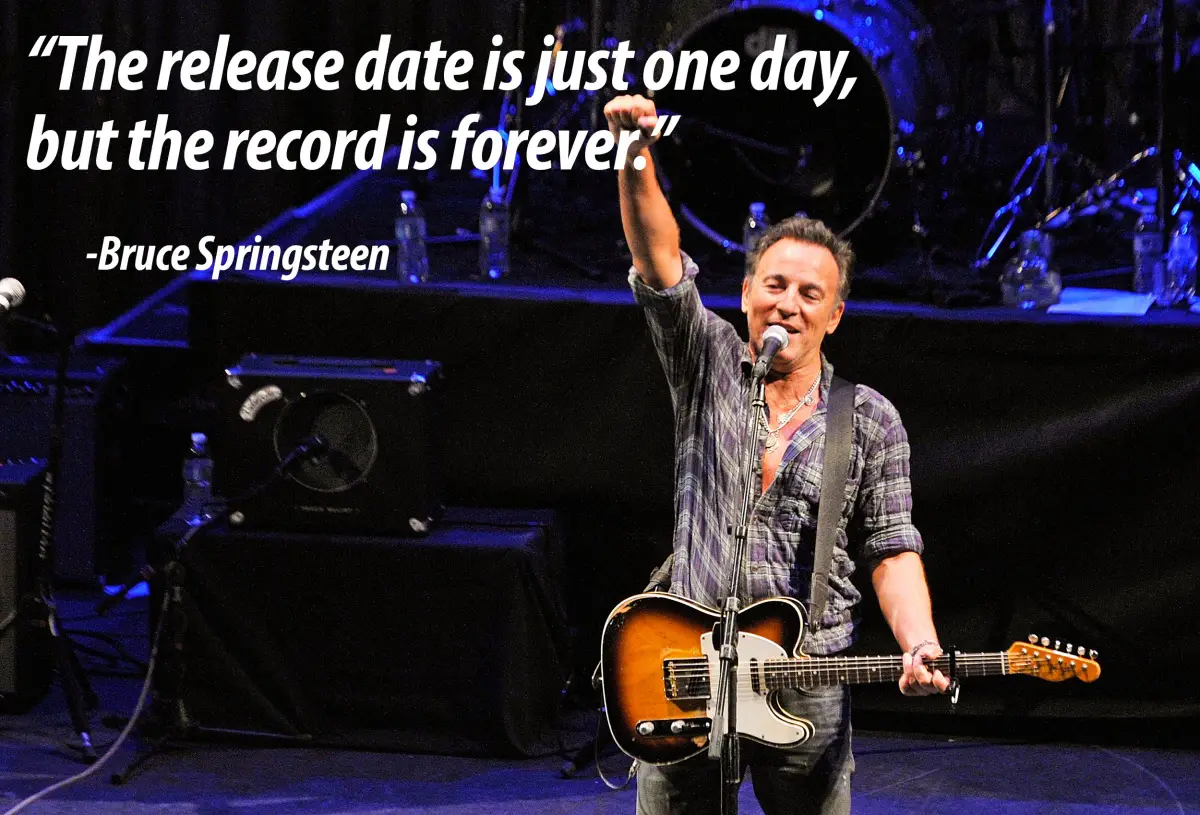
Enjoy the best Bruce Springsteen Quotes. We did our best to bring you only the best ones. You will enjoy them.
When I was growing up, there were two things that were unpopular in my house. One was me, and the other was my guitar.
I have spent my life judging the distance between American reality and the American dream.
I was real good at music and real bad at everything else.
I’m interested in what it means to live in America. I’m interested in the kind of country that we live in and leave our kids. I’m interested in trying to define what that country is. I got the chutzpa or whatever you want to say to believe that if I write a really good about it, it’s going to make a difference.
Getting an audience is hard. Sustaining an audience is hard. It demands a consistency of thought, of purpose, and of action over a long period of time.
Your success story is a bigger story than whatever you’re trying to say on stage. Success makes life easier. It doesn’t make living easier.
When it comes to luck, you make your own.
Until I realized that rock music was my connection to the rest of the human race, I felt like I was dying, for some reason, and I didn’t know why.
The best music is essentially there to provide you something to face the world with.
You can’t be afraid of getting old. Old is good, if you’re gathering in life. Our band is good at understanding that equation.
For an adult, the world is constantly trying to clamp down on itself. Routine, responsibility, decay of institutions, corruption: this is all the world closing in.
I tend to be a subscriber to the idea that you have everything you need by the time you’re 12 years old to do interesting writing for most of the rest of your life – certainly by the time you’re 18.
If I have a song that I feel is really one of my best songs, I like it to have a formal studio recording because I believe that something being officially released on a studio record gives it a certain authority that it doesn’t quite have if it comes out on a live album or is just a part of your show, you know.
The E Street band casts a pretty wide net. Our influences go all the way back to the early primitive garage music, and also, we’ve had everything in the band from jazz players to Kansas City trumpet players to Nils Lofgren, one of the great rock guitarists in the world.
After ‘Born to Run,’ I had a reaction to my good fortune. With success, it felt like a lot of people who’d come before me lost some essential part of themselves. My greatest fear was that success was going to change or diminish that part of myself.
An outgrowth of having a long career is that I have a lot of interesting things around that I get to revisit, and someday get to the place where they become something that I want to do next.
But the star thing I can live with. The music I can’t live without. And that’s how it lays out for me, you know. I got as big an ego and enjoy the attention.
But then I go through long periods where I don’t listen to things, usually when I’m working. In between the records and in between the writing I suck up books and music and movies and anything I can find.
I hadn’t performed by myself in a while. It feels very natural to me, and I assume people come for the very same reasons as they do when I’m with the band: to be moved, for something to happen to them.
I was always concerned with writing to my age at a particular moment. That was the way I would keep faith with the audience that supported me as I went along.
I was looking for some way to put my music to some service on a nightly basis. You go into a town, you play a little music, you leave something behind. That idea connected us to the local community. It was a very simple idea, but it really resonated with me.
I’m a synthesist. I’m always making music. And I make a lot of different kinds of music all the time. Some of it gets finished and some of it doesn’t.
No, I always felt that amongst my core fans- because there was a level of popularity that I had in the mid ’80s that was sort of a bump on the scale- they fundamentally understood the values that are at work in my work.
Plus, you know, when I was young, there was a lot of respect for clowning in rock music – look at Little Richard. It was a part of the whole thing, and I always also believed that it released the audience.
The only thing I can say about having this type of success is that you can get yourself in trouble because basically the world is set open for you. People will say yes to anything you ask, so it’s basically down to you and what you want or need.
The star thing I can live with. The music I can’t live without. And that’s how it lays out for me, you know. I got as big an ego and enjoy the attention.
The wonderful thing about rock music is even if you hate the other person, sometimes you need him more, you know. In other words if he’s the guy that made that sound, he’s the guy that made that sound, and without that guy making that sound, you don’t have a band, you know.
Yeah, my son likes a lot of guitar bands. He gave me something the other day which was really good. He’ll burn a CD for me full of things that he has, so he’s a pretty good call if I want to check some of that stuff out… The other two aren’t quite into that yet.
You ask for your audience’s investment in your music; you’re in a relationship with them. And their relationship with the E Street Band is separate from whatever else I might do. I like the idea of us being something that people rely on.
I can sing very comfortably from my vantage point because a lot of the music was about a loss of innocence, there’s innocence contained in you but there’s also innocence in the process of being lost.
I didn’t know if it would be a success-ful one, or what the stages would be, but I always saw myself as a lifetime musician and songwriter.
Every good writer or filmmaker has something eating at them, right? That they can’t quite get off their back . And so your job is to make your audience care about your obsessions.
For me, I was somebody who was a smart young guy who didn’t do very well in school. The basic system of education, I didn’t fit in; my intelligence was elsewhere.
I’ve had an experience through music that has touched almost every part of me. It educated me in ways that I didn’t get educated in school. So we try to lay on a bit of that, through being funny, being serious, playing hard.
The name ‘Boss’ started with people that worked for me… It was not meant like Boss, capital B, it was meant like ‘Boss, where’s my dough this week?’ And it was sort of just a term among friends. I never really liked it.
I played in front of every conceivable audience you could face: an all-black audience, all-white, firemen’s fairs, policemen’s balls, in front of supermarkets, bar mitzvahs, weddings, drive-in theaters. I’d seen it all before I ever walked into a recording studio.
Pessimism and optimism are slammed up against each other in my records, the tension between them is where it’s all at, it’s what lights the fire.
It’s always felt natural, because I’m generally very comfortable with people.
I like narrative storytelling as being part of a tradition, a folk tradition.
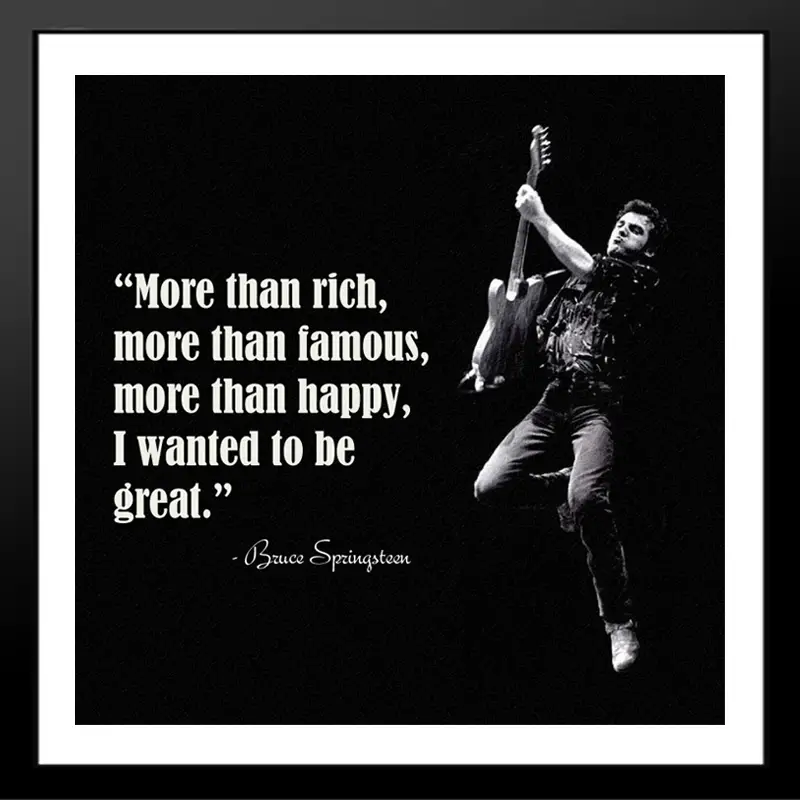
I always wanted my music to influence the life you were living emotionally – with your family, your lover, your wife, and, at a certain point, with your children.
I think politics come out of psychology.
I was in my late 20s, in the process of shaping my musical outlook and what I wanted it to be about, when I first encountered Woody Guthrie.
Most bands don’t work out. A small unit democracy is very, very difficult.
I still like to go to record stores, I like to just wander around and I’ll buy whatever catches my attention.
‘Darkness on the Edge of Town’ came out of a huge body of work that had tons of very happy songs.
I guess my view of America is of a real bighearted country, real compassionate.
When I first started in rock, I had a big guy’s audience for my early records. I had a very straight image, particularly through the mid ’80s.
I don’t like to write rhetorically or get on a soapbox. I try to make the stuff multi-layered, so that it always has a life outside its social context. I don’t believe that you can tell people anything; you can only draw them in.
I was the only person I’d ever met who had a record contract. None of the E Street Band, as far as I know, had been on an airplane until Columbia sent us to Los Angeles.
Your spoken voice is a part of it – not a big part of it, but it’s something. It puts people at ease, and once again kind of reaches out and makes a bridge for what’s otherwise difficult music.
On any given night, what allows me to get to that higher ground is the audience.
There is a real patriotism underneath the best of my music but it is a critical, questioning and often angry patriotism.
I have my ideas, I have my music and I also just enjoy showing off, so that’s a big part of it. Also, I like to get up onstage and behave insanely or express myself physically, and the band can get pretty silly.
That’s what being a front man is all about – the idea of having something supple underneath you, that machine that roars and can turn on a dime.
All I try to do is to write music that feels meaningful to me, that has commitment and passion behind it.
From the beginning, I imagined I would have a long work life.
I don’t write demographically. I don’t write a song to reach these people or those people.
I was signed to a record label at the same time as my friend Elliot Murphy, who makes great records to this day.
I’m not in any rush. I’m not somebody who, if I write a song, I get it out. That’s not something I’ve ever really quite done.
Work creates an enormous sense of self and I saw that in my mother. She was an enormous, towering figure to me in the best possible way. I picked up a lot of things from her in the way that I work… I also picked up a lot of the failings of when your father doesn’t have those things and that results in a house that turns into a minefield.
Talk about a dream, try to make it real.
Blind faith in your leaders, or in anything, will get you killed.
The past is never the past. It is always present. And you better reckon with it in your life and in your daily experience, or it will get you. It will get you really bad.
Yeah, I had gay friends. The first thing I realized was that everybody’s different, and it becomes obvious that all of the gay stereotypes are ridiculous.
You need two things to remain very, very present. You need to continue to write well and engage yourself in the issues of the day. And you have to continue to make good, relevant records.
I have to write and play. If I became an electrician tomorrow, I’d still come home at night and write songs.
In America everything’s about who’s number one today.
Steve Van Zandt, the poor guy, doesn’t get to play enough as it is with me hogging a lot of the solos. Steve has always been a fabulous guitarist. Back from the day when we were both teenagers together, he led his band and played lead and was always a hot guitar player.
You can go from doing something quite silly to something dead serious in the blink of an eye, and if you’re making those connections with your audience then they’re going to go right along with it.
And whether you’re drawn to gospel music or church music or honky-tonk music, it informs your character and it informs your talent.
Basically, I was pretty ostracized in my hometown. Me and a few other guys were the town freaks- and there were many occasions when we were dodging getting beaten up ourselves.
If they had told me I was the janitor and would have to mop up and clean the toilets after the show in order to play, I probably would have done it.
You can’t have a United States if you are telling some folks that they can’t get on the train. There is a cracking point where a society collapses.
In the third grade, a nun stuffed me in a garbage can under her desk because she said that’s where I belonged. I also had the distinction of being the only altar boy knocked down by a priest during mass.
Anyone who’s grown up or lived on the Jersey Shore knows the place is unique.
I do a lot of curiosity buying; I buy it if I like the album cover, I buy it if I like the name of the band, anything that sparks my imagination.
I never felt I had enough personal style to pursue being just a guitarist.
The audiences are there as a result of my history with the band but also as a result of my being able to reach people with a tune.
The first thing that I do when I come out every night is to look at the faces in front of me, very individually.
This music is forever for me. It’s the stage thing, that rush moment that you live for. It never lasts, but that’s what you live for.
My image had always been very heterosexual, very straight. So it was a nice experience for me, a chance to clarify my own feelings about gay and lesbian civil rights.
My only general rule was to steer away from things I played with the band over the past couple of tours. I was interested in re-shaping the Rising material for live shows, so people could hear the bare bones of that.
I’m interested in what it means to be an American. I’m interested in what it means to live in America. I’m interested in the kind of country that we live in and leave our kids. I’m interested in trying to define what that country is.
Think of it this way: performing is like sprinting while screaming for three, four minutes. And then you do it again. And then you do it again. And then you walk a little, shouting the whole time. And so on. Your adrenaline quickly overwhelms your conditioning.
All the music I loved as a child, people thought it was junk. People were unaware of the subtext in so many of those records, but if you were a kid, you were just completely tuned in, even though you didn’t always say – you wouldn’t dare say it was beautiful.
The drummer in my first band was killed in Vietnam. He kind of signed up and joined the marines. Bart Hanes was his name. He was one of those guys that was jokin’ all the time, always playin’ the clown.
I had a ten-piece band when I was 21 years old, the Bruce Springsteen Band. This is just a slightly expanded version of a band I had before I ever signed a record contract. We had singers and horns.
If you listen to the great Beatle records, the earliest ones where the lyrics are incredibly simple. Why are they still beautiful? Well, they’re beautifully sung, beautifully played, and the mathematics in them is elegant. They retain their elegance.
In the past, some of the songs that were the most fun, and the most entertaining and rocking, fell by the wayside because I was concerned with what I was going to say and how I was going to say it.
When you get fat and lose your hunger. That is when you know the sellout has happened.
You make your music, then you try to find whatever audience is out there for it.
In the early years, I found a voice that was my voice and also partly my father’s voice. But isn’t that what you always do? Why do kids at 5 years old go into the closet and put their daddy’s shoes on? Hey, my kids do it.
When I was very, very young, I decided that I was gonna catalog my times because that’s what other people who I admired did. That’s what Bob Dylan did, that’s what Frank Sinatra did, Hank Williams did, in very different ways.
The Jersey Shore is the kind of place where the policeman has a little cottage that might have been in the family for years and many other people call home.
Adult life is dealing with an enormous amount of questions that don’t have answers. So I let the mystery settle into my music. I don’t deny anything, I don’t advocate anything, I just live with it.
Somebody who can reckon with the past, who can live with the past in the present, and move towards the future – that’s fabulous.
If you’re good, you’re always looking over your shoulder.
I had tried to go to college, and I didn’t really fit in. I went to a real narrow-minded school where people gave me a lot of trouble, and I was hounded off the campus – I just looked different and acted different, so I left school.
It’s a sad man my friend who’s livin’ in his own skin and can’t stand the company.
Some of the greatest blues music is some of the darkest music you’ve ever heard.
I think you can get to a point where nihilism, if that’s the right word, is overwhelming, and the basic laws that society has set up – either religious or social laws – become meaningless.
Certainly tolerance and acceptance were at the forefront of my music.
But I think that your entire life is a process of sorting out some of those early messages that you got.
The best music, you can seek some shelter in it momentarily, but it’s essentially there to provide you something to face the world with.
The release date is just one day, but the record is forever.
I grew up with a very big extended family, with a lot of aunts. We had about five or six houses on one street.
We all have stories we’re living and telling ourselves.
I think that is what film and art and music do; they can work as a map of sorts for your feelings.
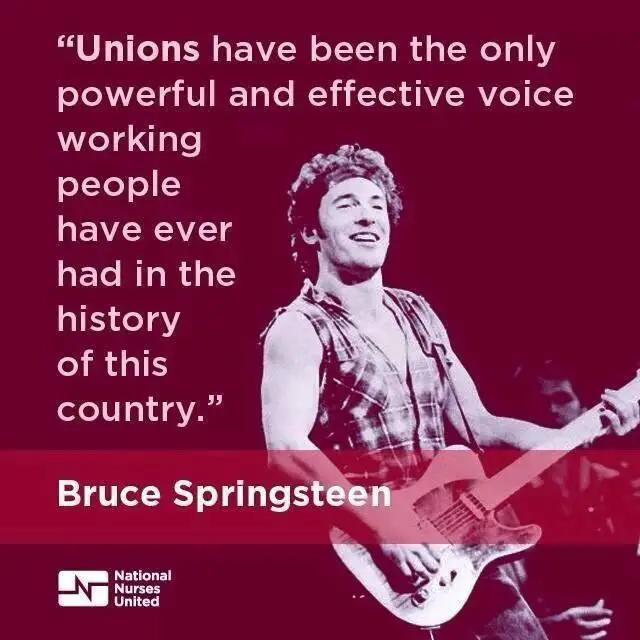
Liked these Bruce Springsteen Quotes? Then why not share them with your friends? They would thank you.
Related Bruce Springsteen Links:
a) Bruce Springsteen Quotes from BrainyQuote
b) 11 Insightful Bruce Springsteen Quotes That Explain Why He Is The Boss
c) Bruce Springsteen’s 63 Finest Lyrics on his 63rd Birthday
